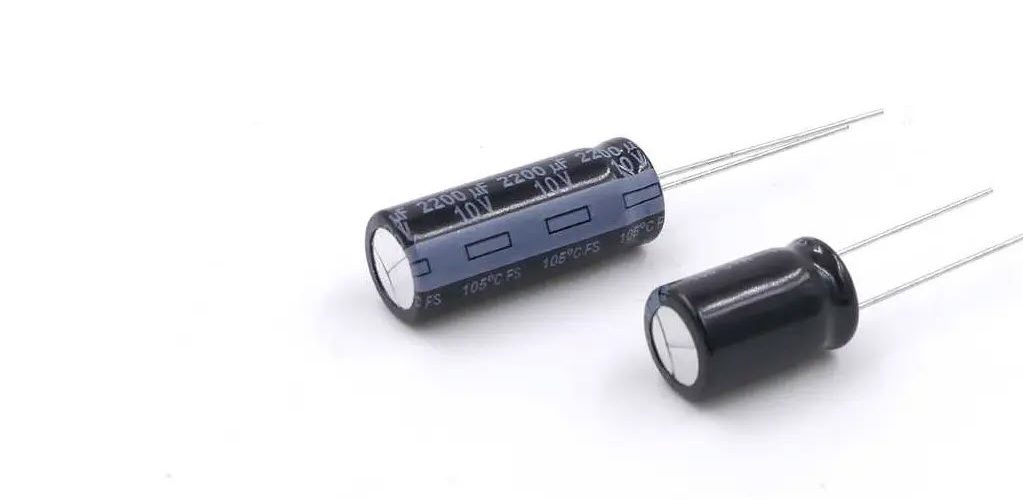
Capacitors are fundamental components in alternating current (AC) systems, playing a crucial role in various industries. Understanding how capacitors work in AC is essential for engineers, technicians, and enthusiasts alike. In this comprehensive blog post, we will delve into the intricate mechanisms behind capacitors, exploring their functionality, applications, and benefits.
- Capacitor Basics:
To comprehend the inner workings of capacitors in AC systems, we must first grasp their fundamental principles. Capacitors consist of two conductive plates separated by a dielectric material. When connected to an AC power source, the capacitor stores and releases electrical energy, exhibiting unique characteristics that differentiate them from other components. - Charging and Discharging:
Capacitors operate by charging and discharging cycles, which involve the accumulation and release of electrical charge. During the charging phase, the capacitor stores energy as the voltage across its plates increases. Conversely, in the discharging phase, the stored energy is released, providing a surge of power when needed. This ability to store and discharge energy makes capacitors invaluable in AC systems. - Reactive Power Compensation:
One of the primary applications of capacitors in AC systems is reactive power compensation. AC power consists of two components: real power (active power) and reactive power. Reactive power arises from the phase difference between voltage and current, causing inefficiencies in power transmission. Capacitors can counteract reactive power, improving power factor and reducing energy losses, ultimately enhancing the overall efficiency of AC systems. - Power Quality Enhancement:
Capacitors also contribute to enhancing power quality in AC systems. They mitigate voltage fluctuations and stabilize voltage levels, ensuring a consistent and reliable power supply. By reducing voltage sags, surges, and harmonics, capacitors protect sensitive equipment from damage and maintain optimal performance, particularly in industries where precision and stability are critical. - Motor Starting and Power Factor Correction:
In AC systems, capacitors facilitate motor starting and power factor correction. Capacitor banks connected to motors provide an initial boost of power during startup, reducing strain on the motor and enhancing its efficiency. Additionally, capacitors aid in power factor correction by offsetting the reactive power, resulting in improved voltage regulation, reduced energy consumption, and minimized penalties from utility companies. - Harmonic Filtering:
Harmonics, unwanted frequencies that distort the sinusoidal waveform of AC power, can cause significant issues in electrical systems. Capacitors can act as harmonic filters, absorbing and neutralizing these unwanted frequencies, ensuring a cleaner and more stable power supply. This capability is particularly crucial in industries sensitive to harmonics, such as telecommunications, data centers, and manufacturing.
Conclusion:
Capacitors are indispensable components in AC systems, offering a multitude of benefits across various industries. From reactive power compensation to power quality enhancement and harmonic filtering, capacitors play a vital role in optimizing the efficiency, stability, and reliability of AC systems. By understanding the inner workings of capacitors, engineers and technicians can harness their power to unlock new possibilities and drive technological advancements.
